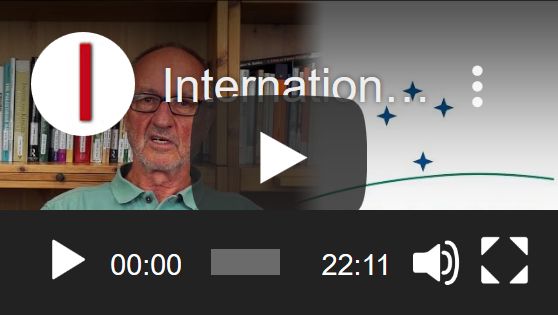In modern times, reality frequently has to take second place to influencing sentiments. An important part of neo-liberal economics is based on “rational expectations theory” which posits that businesses and consumers are less swayed by the real environment, but by expectations they form about the future. The much maligned financial markets and their lackeys/eminences grises, the rating agencies, answer to any hot air from a policy maker with increased spreads, changes in interest rates, gains or losses in share prices. Every statement by a policymaker can become a menetekel or manna from heaven. Whether what is being said, is evidence-based or not, or whether it is merely designed to increase poll ratings, plays no role.
This situation results in the fact that policymakers, i.e. politicians, national bank governors, or ministers do not see their role any longer in telling their voters the “truth” about the situation of the economy, that they no longer prepare their voters for necessary change, but rather gear every speech, every announcement towards maximizing their voter approval and towards influencing financial markets and investors. As long as voters, financial markets and businesses remain hyper-sensitive to such statements, as long as announcements by policymakers have real effects on the development of the economy – policymakers cannot really be blamed for this behaviour. Not information, not enlightenment is the task of policymakers any longer, but influencing sentiment!
The president of the ECB must calm nervous “markets”, the German chancellor must rein in her coalition partners when they aim to blow the Eurozone apart, the Greek prime minister must never talk about unemployment and the impoverisation of his voters; in Austria there is no talk about the ongoing financial and economic crisis. Everything is geared towards creating good moods. Media usually tend to reinforce these mood softeners without analysing them, without pointing to the discrepancies between facts and statements, without alerting their listeners/readers to the motivation for such statements.
Policymakers seem to accept that such behaviour creates as collateral damage voters’ distrust of their politicians and their announcements. I myself remember briefing sessions of Austrian prime ministers before European Council meetings, where civil servants from all ministries briefed their prime minister on important summit topics, when in charges his press officer, showing him outraged the most recent tabloid article, whereupon the prime minister left his 15 advisers to their own devices, in order to formulate an “appropriate answer”. Press reporting goes before summit preparation.
For a young citizen today statements like Churchill’s “blood, toil, tears and sweat”, of the Austrian Chancellor’s Leopold Figl Christmas speech of 1946 “I cannot give you anything, no glass for you windows…”, or even Jack Kennedy’s “don’t ask what your country can do for you, but what you can do for your country” are hard to imagine. Which policymaker dares today, to ask his voters for sacrifices? Who dares to talk openly about the problems in his country, in the world? Who dares to name the winners and losers of certain policy initiatives? If something like this does happen, it always concerns “the others”, the citizens of other countries, the clientele of the other party, the minorities – but never one’s own voters.
Responsibility today rests in the hands of civil society, of the universities, of experts of “normal” citizens. They must – and do – tell it how it really is. Policymakers have shed leadership and responsibility for the welfare of their populations. They have gone into the business of influencing and creating sentiment and feel-good moods. But is this not the task of entertainers, sports personalities and clowns? Maybe we citizens should draw the consequences and take the task of responsibility and leadership away from those we elected for this purpose. They seem to have shed responsibility and accountability already.





